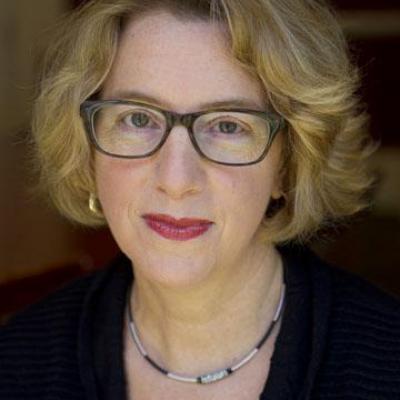
Wednesday, March 9, 2016
Dinner and lecture
6:00 pm
The Hope Club
Biography
Amanda Anderson joined the Brown faculty in 2012 as the Andrew W. Mellon Professor of Humanities and English and became Director of the Cogut Center for the Humanities in 2015. She is a literary scholar and theorist who has written on nineteenth-century literature and culture as well as on contemporary debates in the humanities. Her books include Bleak Liberalism (forthcoming, Chicago), The Way We Argue Now: A Study in the Cultures of Theory (Princeton, 2006), The Powers of Distance: Cosmopolitanism and the Cultivation of Detachment (Princeton, 2001), and Tainted Souls and Painted Faces: The Rhetoric of Fallenness in Victorian Culture (Cornell, 1993). From 2008-2014, she served as the director of an interdisciplinary summer institute, the School of Criticism and Theory, which is currently hosted by Cornell University. Prior to joining the Brown faculty, she taught at Johns Hopkins University, where she served as department chair from 2003-2009.
New work in psychology and cognitive science has posed significant challenges to traditional understandings of moral deliberation and moral action. But such challenges are hardly new: in different forms, they extend as far back as Freud and even earlier. This talk will explore the distinctive ways in which literary genres and modes themselves illuminate our understanding of moral life – and it will ask how literature can reframe some of the most pressing questions at play in recent cultural debates about the motives and limits of moral deliberation, and about the nature of both cognitive and moral processes. I will focus in particular on the relation between tragic experience and ordinary life in the realist novel, with key examples drawn from George Eliot.
